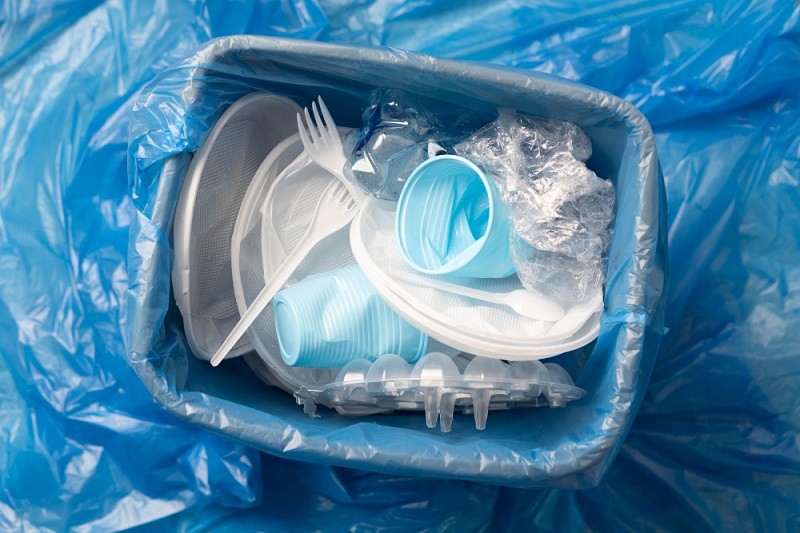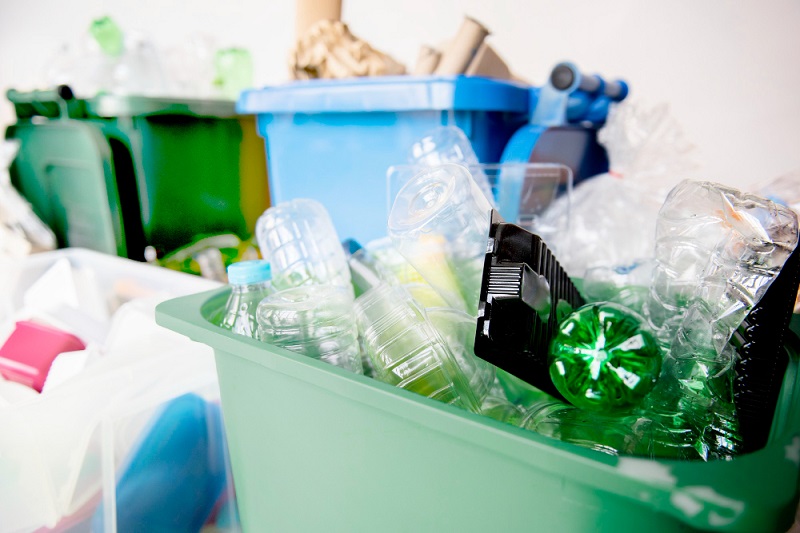Plastic Scrap Trading

Description
We facilitate the global trade of plastic scrap, connecting traders and manufacturers with the materials they need to create sustainable products.
Plastic scrap trading involves the buying, selling, and exchange of waste or recycled plastic materials. This process helps in diverting plastic waste from landfills and promoting recycling, which is crucial for environmental sustainability. Here's an overview of how plastic scrap trading works:
Collection and Sorting:
Plastic scrap is collected from various sources such as households, businesses, industries, and recycling centers. The collected plastic is then sorted based on its type, quality, and grade.
Grading and Classification:
Plastic scrap is classified into different grades based on its composition, quality, and recyclability. Common types of plastic include PET (Polyethylene Terephthalate), HDPE (High-Density Polyethylene), LDPE (Low-Density Polyethylene), PVC (Polyvinyl Chloride), PP (Polypropylene), PS (Polystyrene), and others.
Processing and Recycling:
Once sorted and graded, the plastic scrap is processed to remove impurities and contaminants. It is then shredded, melted, and reprocessed to create raw material in the form of pellets or flakes. These recycled materials can be used to manufacture new plastic products.
Marketplace and Trading:
Plastic scrap traders, brokers, and companies operate in a marketplace where they buy and sell the recycled plastic materials. Prices and trade terms vary based on factors like the type of plastic, quality, demand, market conditions, and regulations.
Supply Chain and Logistics:
Plastic scrap is transported from collection centers to recycling facilities or directly to manufacturers that utilize recycled plastic. This involves logistics planning to ensure efficient and timely delivery.



